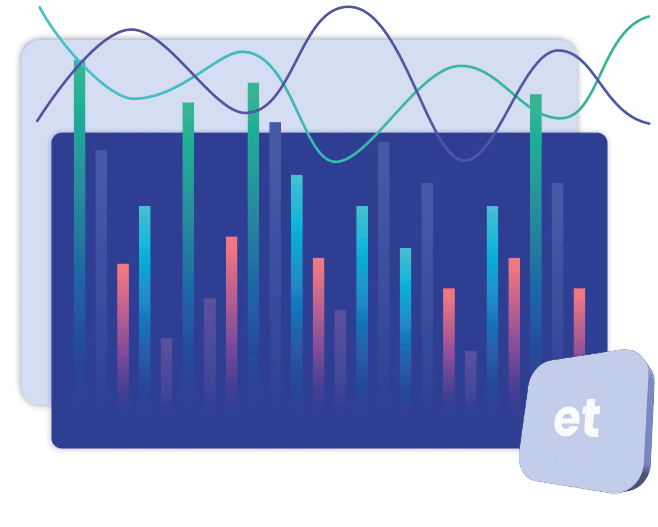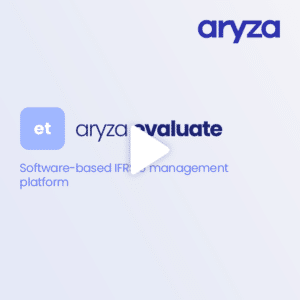Using IFRS9 software to help banks implement the accounting standard IFRS 9

Speak to a member of the team to find out more about Aryza Evaluate
Aryza IFRS 9 software was developed as an accounting standard that allows banks to calculate an expected loss to highlight potential impairment, risks and issues which will be reported in the balance sheet.
The application of IFRS 9 has been mandatory since 01 January 2018. Since implementation of the standard, our Aryza experts have gained a wealth of experience in managing these demanding requirements using software.
We currently support numerous financial institutions with our IFRS9 software solution. Our integrated solution provides support during all phases of the impairment calculation. it allows you to create flexible models for the generation of risk parameters according to your specifications.
Modellable rules are provided for the segmentation of transactions and risk parameters and the assignment of levels (including transfer logic). Our solution also enables you to manage and calculate on-and off-balance shares, and supports optional evaluation by your analysts.
Weighted scenarios with multiple calculations give you an optimal overview of the status and predict future performance. Our software solution is of course also suitable for mass data transfers and can support multiple clients, multiple languages and foreign currencies.

Aryza Evaluate consists of these modules:
Impairment Engine – Bad Book
– Individual assessment by analysts
– Calculation according to DCF and weighted cash flows
– Commitment review, including resolutions, 4 AP etc.
– Stage 2, 3, POCI
Impairment Engine – Good Book
– Population of an institute
– EL/ELL determination using statistical methods
– Stage 1-3
Parameter Engine
– Server side JavaScripting
– Access to Aryza + external data warehouses
– Arbitrary data adjustment
– Discrete periodic collateral calculation
Risk Engine
– Stressing of risk parameters, CF, EAD
– Mapping of individual stress models using the Parameter Engine
Find out more about Aryza Evaluate, download our brochure now
FAQ
The obligation to account for financial instruments in accordance with International Financial Reporting Standard 9 (IFRS 9) is a highly complex task for banks. In 2014, the International Accounting Standards Board (IASB) published the final version of the reporting standard, which contains new regulations for the recognition of impairments and the classification and measurement of financial assets.
Impairment Engine
The Impairment Engine helps banks to calculate expected impairments. While the bad book serves as a planning tool for critical significant contracts that allows for manual cash flow estimation, the good book is responsible for automatic accounting of an institution’s population. One of the core functions is the possibility to calculate the expected loss.
Parameter Engine
Existing or new models for determining risk parameters – for example; probability of default (PD), expected loss given default (LGD), credit conversion factor (CCF) – can be flexibly integrated individually via the Parameter Engine.
Risk Engine
Resilience can be tested at any time with the Risk Engine, for example with the EBA stress test and climate stress test. In addition to regulatory stress tests, individual stress tests, such as migration losses, can also be carried out. The programme calculates expected lifetime losses on total portfolios in parallel to various stress scenarios. Banks that perform poorly in the hypothetical crisis scenario must expect supervisors to tell them to strengthen the capital buffer.
Contact us
"*" indicates required fields

